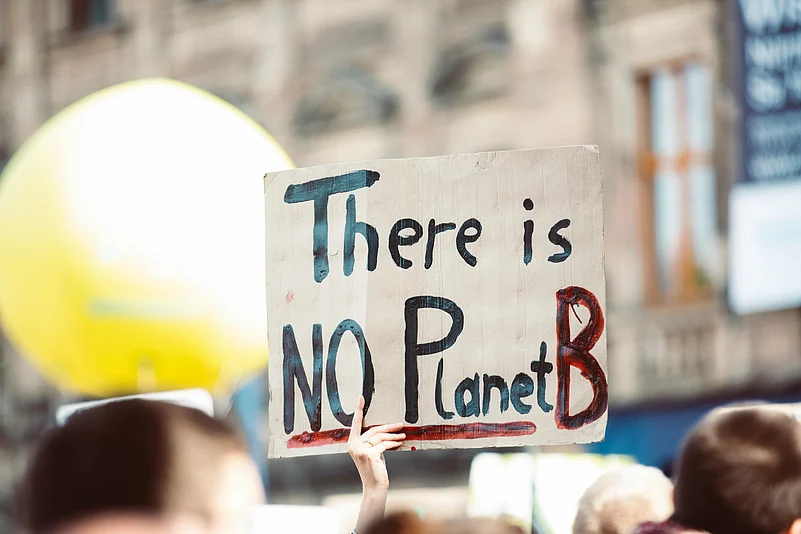A fresh report released on Wednesday has sounded the alarm on the dire economic consequences of climate change. The study, published in the journal Nature, indicates that the world could face a staggering 19% drop in overall income within the next 26 years due to climate-related disasters such as unprecedented heatwaves, severe floods, and intense wildfires.
The impact of these environmental crises won't just be felt by governments and big businesses. Individuals are expected to bear a significant portion of the financial burden, according to the United Nations. Even with current efforts to address climate change, the planet is on track to warm by nearly 3 degrees Celsius in the next century, leading to substantial economic losses for ordinary people.
Researchers from the Potsdam Institute of Climate Impact Research, Maximilian Kotz and Leonie Wenz, emphasized that short-term financial pain is inevitable, regardless of future emission scenarios. However, they noted that immediate action to combat climate change could help mitigate long-term losses.
The economic toll of climate change extends beyond property damage from extreme weather events. It also affects vital sectors such as agriculture, labour productivity, and even cognitive function, as highlighted by Noah Diffenbaugh, an environmental researcher at Stanford University.
Contrary to common belief, the study suggests that the cost of addressing climate change now may be lower than the economic damage caused by inaction. While complying with the Paris Climate Agreement would cost an estimated $6 trillion by 2050, the projected economic losses due to climate change amount to a staggering $38 trillion.
Bernardo Bastien, a researcher at the Scripps Institute of Oceanography, emphasized the importance of adaptation strategies to mitigate the impact of climate change. These strategies aim to limit the negative effects of climate change, potentially saving significant costs in the long run.
However, the burden of climate change will not be evenly distributed. Poorer countries are expected to experience a more substantial income reduction, with South Asia and Africa projected to suffer the most. Even within countries like the United States, younger generations are likely to face significant financial challenges due to climate change.
A recent report from global consulting firm ICF paints a grim picture of the personal cost of climate change for Americans born in 2024. It estimates that over a lifetime, individuals could face expenses as high as $500,000 due to rising costs of housing, food, energy, transportation, and healthcare.



























